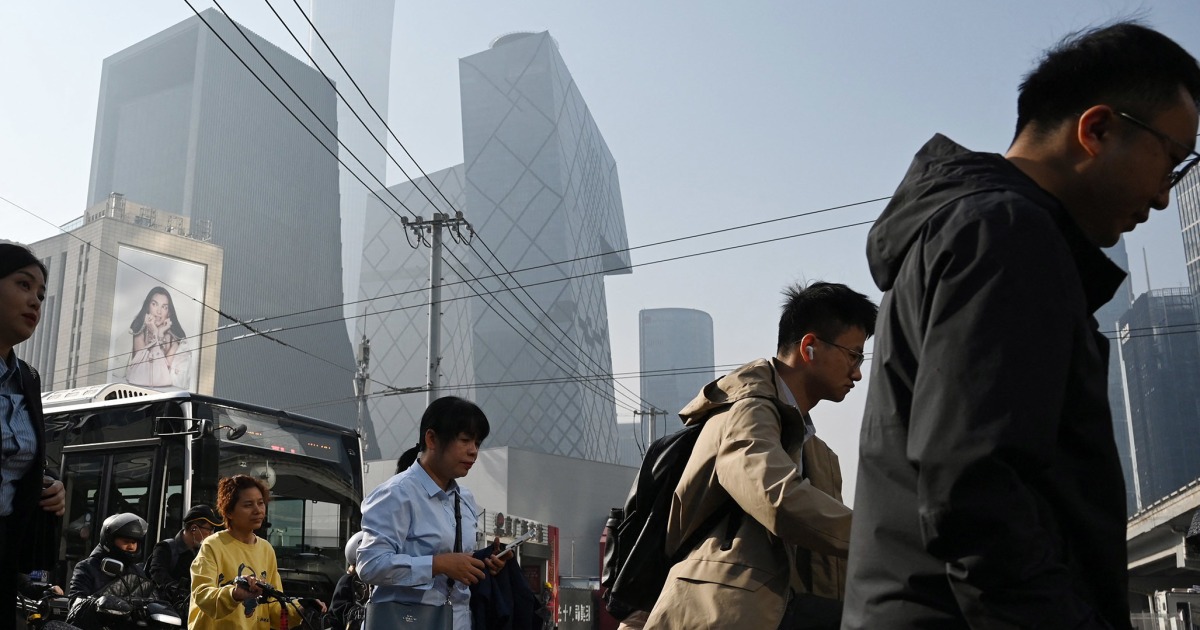Key takeaways:
- China has increased tariffs on U.S. products to 125% in response to high U.S. tariffs, escalating the trade war between the two nations.
- The tariff announcement initially caused fluctuations in U.S. stock markets, which later stabilized as investors assessed the situation.
- Experts highlight challenges in diplomatic communication, with China prepared to maintain its stance until the U.S. shows willingness to compromise, complicating bilateral relations.
China has announced a significant increase in tariffs on U.S. products, raising them to 125% as tensions in the ongoing trade war between the two economic powerhouses continue to escalate. This move comes in response to what Chinese officials describe as excessively high tariffs imposed by the United States. The decision was revealed on Friday, with Chinese authorities expressing their view that the U.S. tariffs have become a mere “numbers game” without substantial economic impact.
The announcement of the tariff hike had an immediate effect on financial markets, with U.S. stocks experiencing fluctuations in early trading. However, the markets later stabilized as investors processed the implications of the latest developments in the trade conflict. The trade war, which has seen both countries imposing a series of tariffs on each other’s goods, has been a point of concern for global markets and economic analysts.
Experts have weighed in on the situation, highlighting the challenges in diplomatic communication between the two nations. Rick Waters, a former U.S. State Department diplomat and current director of Carnegie China, noted that the tactics employed by the U.S. have led to resistance from China. He emphasized that public calls for dialogue between the leaders of the two countries are unlikely to yield results under the current circumstances.
Wu Xinbo, a government adviser in China’s Foreign Ministry and a professor at Fudan University, indicated that Beijing is prepared to continue its stance until the U.S. shows a willingness to compromise. Analysts have suggested that the approach taken by the U.S. administration may not only confuse Chinese officials but also hinder progress in bilateral relations. The ongoing trade tensions underscore the complexities of the economic relationship between the world’s two largest economies.



Be First to Comment